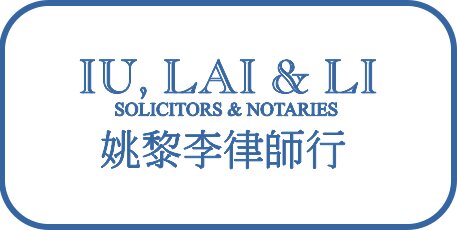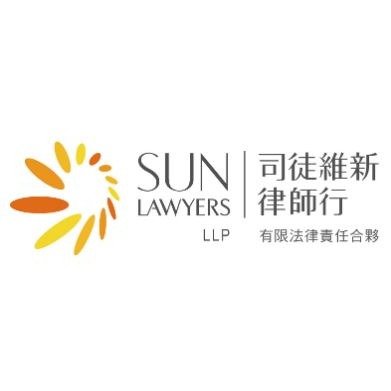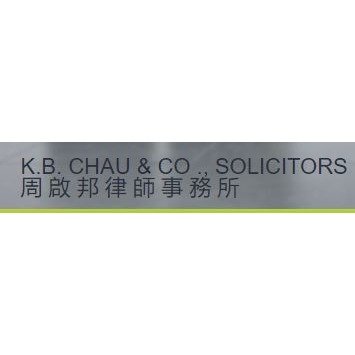Best Real Estate Lawyers in Admiralty
Share your needs with us, get contacted by law firms.
Free. Takes 2 min.
Free Guide to Hiring a Real Estate Lawyer
List of the best lawyers in Admiralty, Hong Kong
About Real Estate Law in Admiralty, Hong Kong
The real estate market in Admiralty, Hong Kong, is dynamic and bustling, being one of the most attractive investment destinations globally. The market is governed by comprehensive real estate laws that primarily deal with buying, selling, renting, and leasing of residential and commercial properties. Both local and international investors are subject to these laws and regulations. The legal framework used in Admiralty real estate is based on Common Law principles, similar to other jurisdictions that follow the British legal system.
Why You May Need a Lawyer
Several situations may necessitate the assistance of a real estate lawyer in Admiralty, Hong Kong. These include drafting and reviewing purchase agreements, lease contracts, understanding intricate regulations, resolving landlord-tenant disputes, handling mortgage-related issues, understanding zoning laws, and dealing with property tax issues. If you plan to invest in real estate in Admiralty or face a dispute related to a property, engaging a lawyer with a deep understanding of real estate law in the area can prove invaluable.
Local Laws Overview
Key aspects of local real estate laws in Admiralty, Hong Kong, include the Conveyancing and Property Ordinance, which governs property transactions, and the Landlord and Tenant (Consolidation) Ordinance covering tenancy agreements. Stamp Duty Ordinance outlines the stamp duties applicable to property transactions and the Buildings Ordinance regulates the construction, maintenance, and inspection of buildings. There is also specific legislation for strata-titled properties; for example, the Building Management Ordinance provides for the formation of Owners' Corporations to manage such buildings.
Frequently Asked Questions
How are land titles transferred in Admiralty, Hong Kong?
The transfer of land titles in Hong Kong is regulated by the Land Titles Ordinance, and all changes require registration with the Land Registry.
What is the stamp duty on property transactions?
The stamp duty varies based on the price of the property and whether the buyer is a first-time buyer, a permanent resident, or a corporate body.
Are there restrictions on foreign buyers?
There is no general restriction on foreign buyers, but non-permanent residents and corporate bodies are required to pay an additional stamp duty.
What are the zoning laws in Admiralty?
Zoning laws are outlined in the Hong Kong Planning Standards and Guidelines, with specifics available in the Outline Zoning Plans for each region.
Are real estate disputes resolved in court?
Most real estate disputes are resolved through court litigation, although other dispute resolution methods like arbitration and mediation are also available and commonly used.
Additional Resources
The Land Registry and the Rating and Valuation Department are crucial governmental bodies associated with real estate in Hong Kong. The Estate Agents Authority provides regulation for the industry, while the Law Society of Hong Kong can assist in finding a qualified legal professional. Additionally, the Hong Kong Judiciary can provide helpful resources about the legal system.
Next Steps
If you require legal assistance, a good starting point would be to reach out to a real estate lawyer or law firm specializing in Hong Kong law, who can provide advice tailored to your circumstances. You can also contact the Law Society of Hong Kong for assistance in this regard. Always ensure to verify the credentials of any legal professional you engage.
Lawzana helps you find the best lawyers and law firms in Admiralty through a curated and pre-screened list of qualified legal professionals. Our platform offers rankings and detailed profiles of attorneys and law firms, allowing you to compare based on practice areas, including Real Estate, experience, and client feedback.
Each profile includes a description of the firm's areas of practice, client reviews, team members and partners, year of establishment, spoken languages, office locations, contact information, social media presence, and any published articles or resources. Most firms on our platform speak English and are experienced in both local and international legal matters.
Get a quote from top-rated law firms in Admiralty, Hong Kong — quickly, securely, and without unnecessary hassle.
Disclaimer:
The information provided on this page is for general informational purposes only and does not constitute legal advice. While we strive to ensure the accuracy and relevance of the content, legal information may change over time, and interpretations of the law can vary. You should always consult with a qualified legal professional for advice specific to your situation.
We disclaim all liability for actions taken or not taken based on the content of this page. If you believe any information is incorrect or outdated, please contact us, and we will review and update it where appropriate.
Browse real estate law firms by service in Admiralty, Hong Kong
Admiralty, Hong Kong Attorneys in related practice areas.















